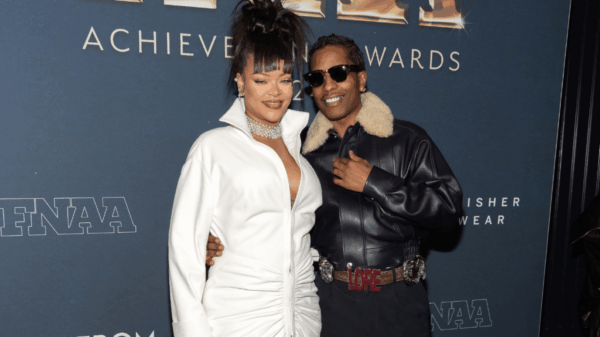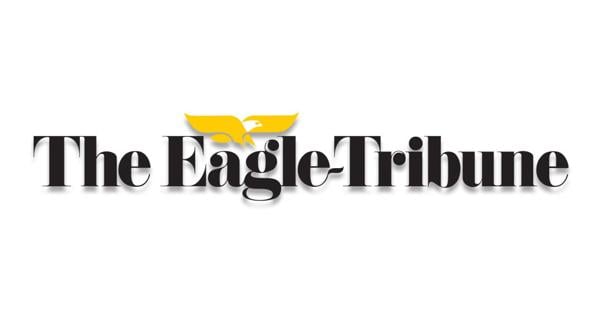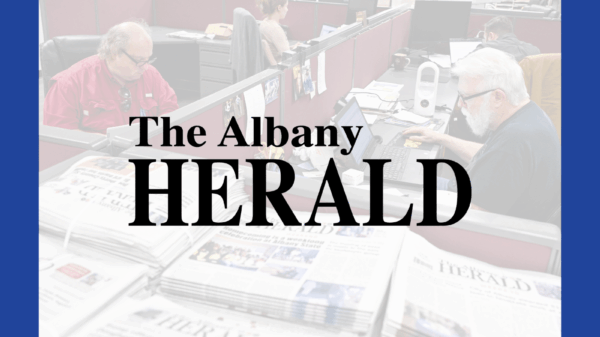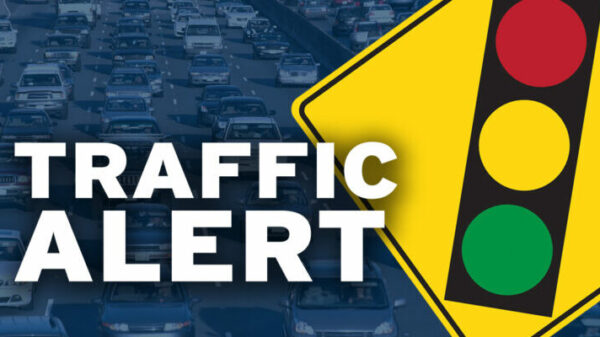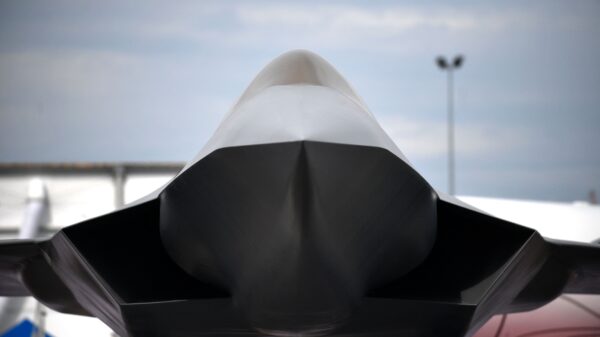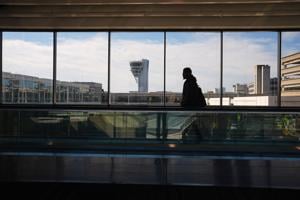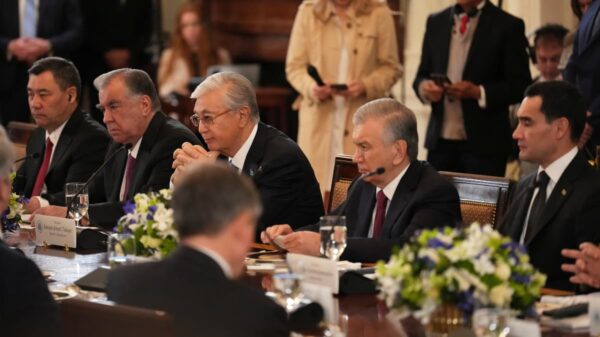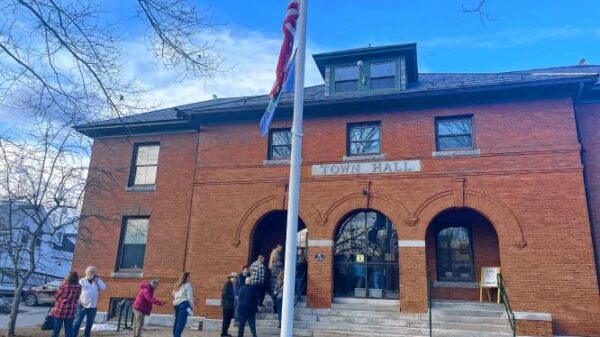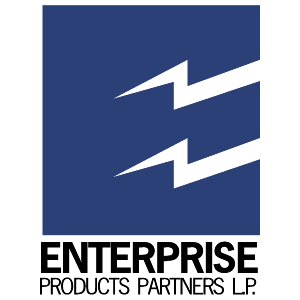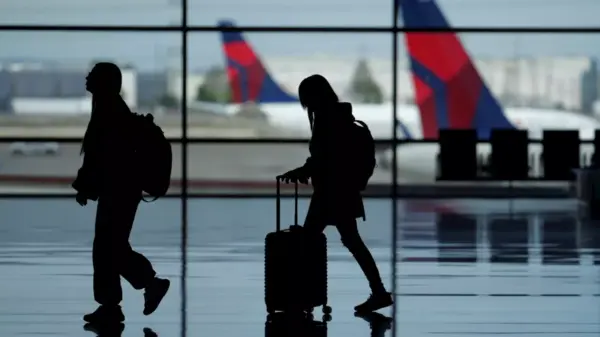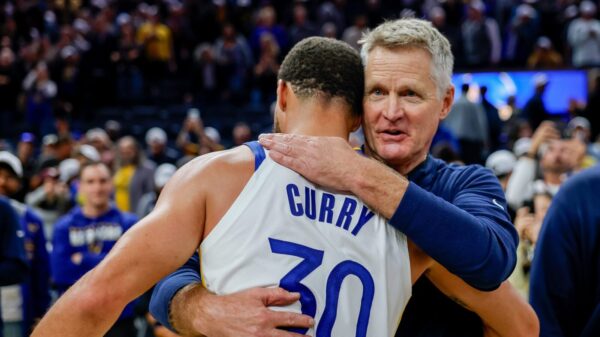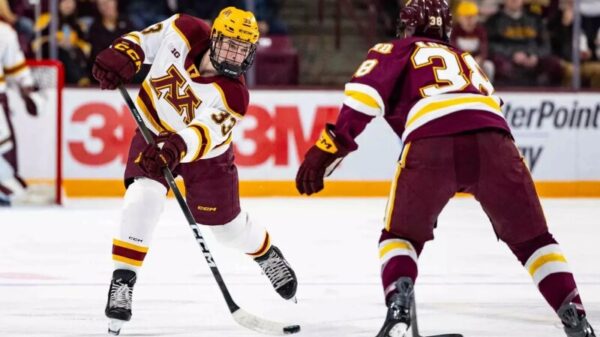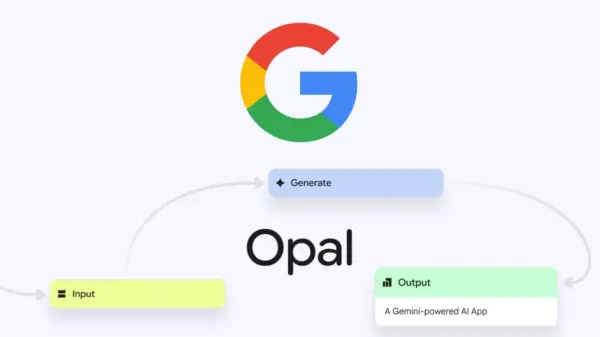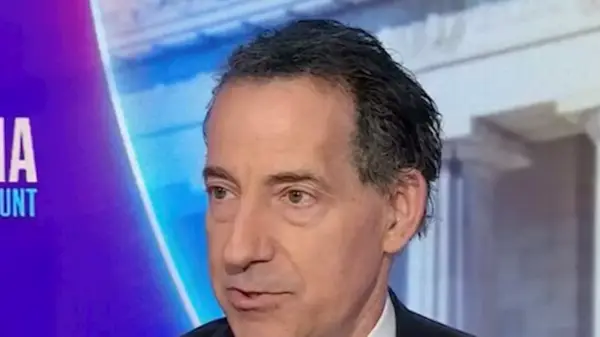UPDATE: Minnesota Attorney General Keith Ellison has just ordered 14 websites operating sweepstakes social casinos to halt all activities within the state. This urgent crackdown underscores a growing effort to enforce strict gambling laws in Minnesota.
Ellison confirmed that these sweepstakes social casinos are illegal, stating, “Online platforms offering sportsbooks and casino games run by out-of-state and overseas operators may make it look as though online gambling is legal and safe in Minnesota, but let me be clear: it is not.” His office warns that companies and their owners face severe penalties for continuing operations in defiance of state law.
The attorney general’s announcement adds to a list of perceived offenders, which includes names such as VG LuckyLand, Zula Casino, Fortune Coins, BetAnySports, BetUS, XBet, BetNow, BetWhale, EveryGame, BetOnline, Slotsandcasino, Bovada, MyBookie, and Sportsbetting. These sites are now on notice; failure to comply could result in legal action.
This latest move by Minnesota positions it alongside several other states actively opposing the sweepstakes model, often criticized as a loophole to traditional gambling. A survey from the American Gaming Association revealed that most players engage with these casinos with the expectation of winning real money, raising significant concerns about consumer protection and legal ramifications.
As anti-sweepstakes sentiments rise, trade groups such as the Social Gaming Leadership Alliance argue that banning these operations is counterproductive, claiming that the sweepstakes industry contributes to job creation, tax revenues, and economic innovation. However, their appeals for a balanced approach seem to be falling on deaf ears, particularly in states like California, where similar measures are set to go into effect in 2026.
The urgency around this issue is further intensified by recent actions from Google, which has altered its advertising policies to prohibit sweepstakes casinos from branding themselves as “social.” The situation escalated in Utah, where a series of class-action complaints against sweepstakes operators has surged, with 14 cases filed in the past week alone.
As Minnesota takes a firm stand, the implications for the sweepstakes industry could be profound, potentially reshaping the legal landscape of online gambling in the U.S. Moving forward, stakeholders will be watching closely to see how these developments unfold and what further actions may be taken by regulators.
For residents and online gamblers in Minnesota, this means a significant shift in the availability of these platforms, emphasizing the importance of staying informed about ongoing legal changes in the gaming industry.


